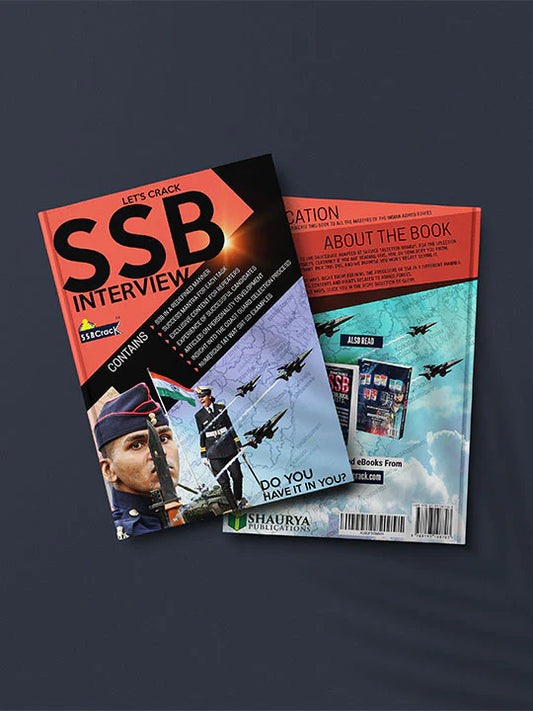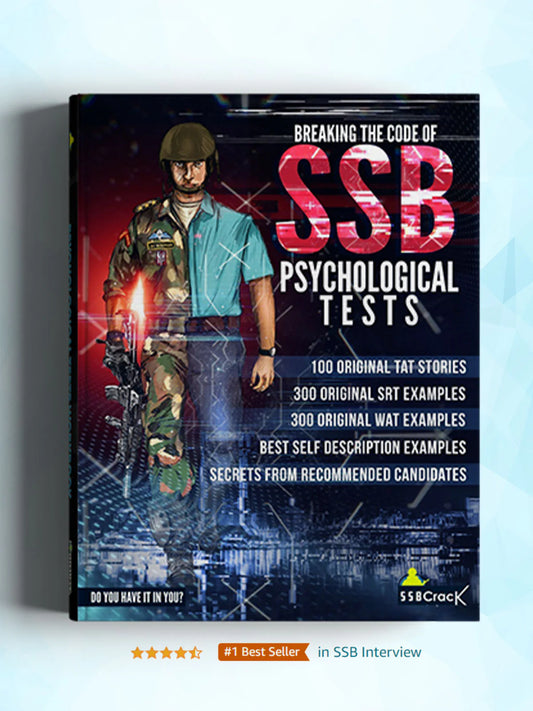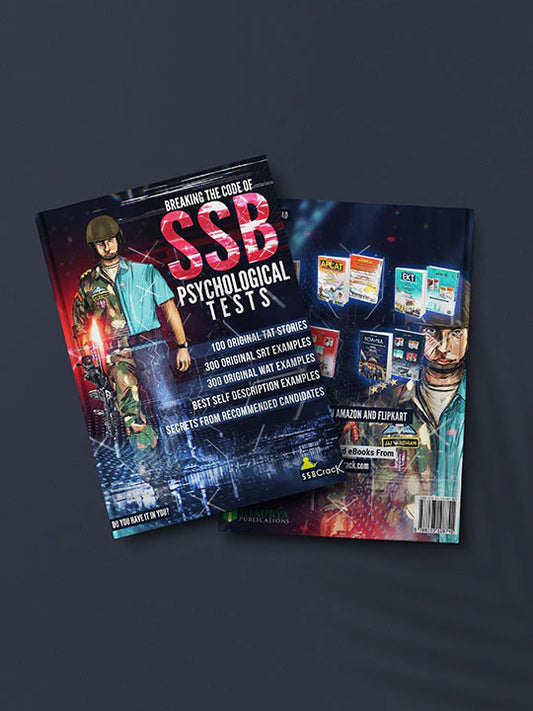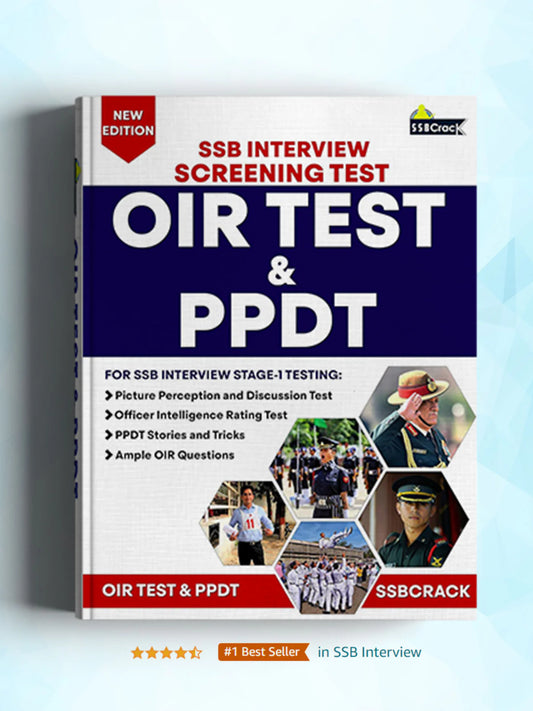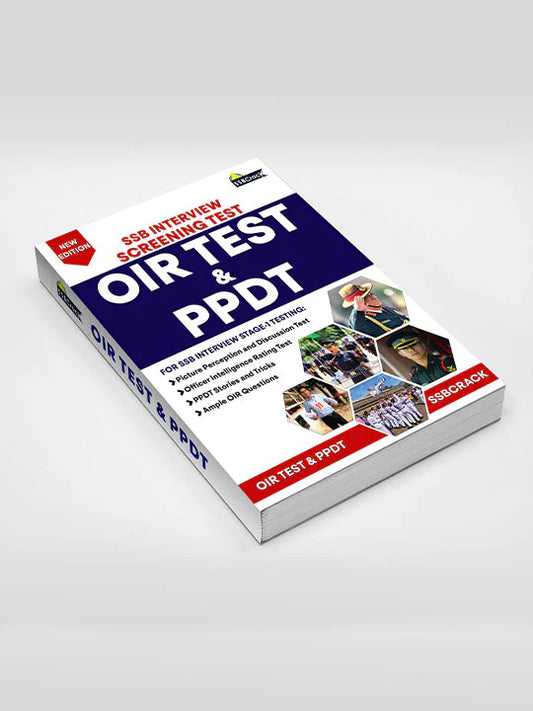What is Progressive Group Task (PGT) in SSB Interview?
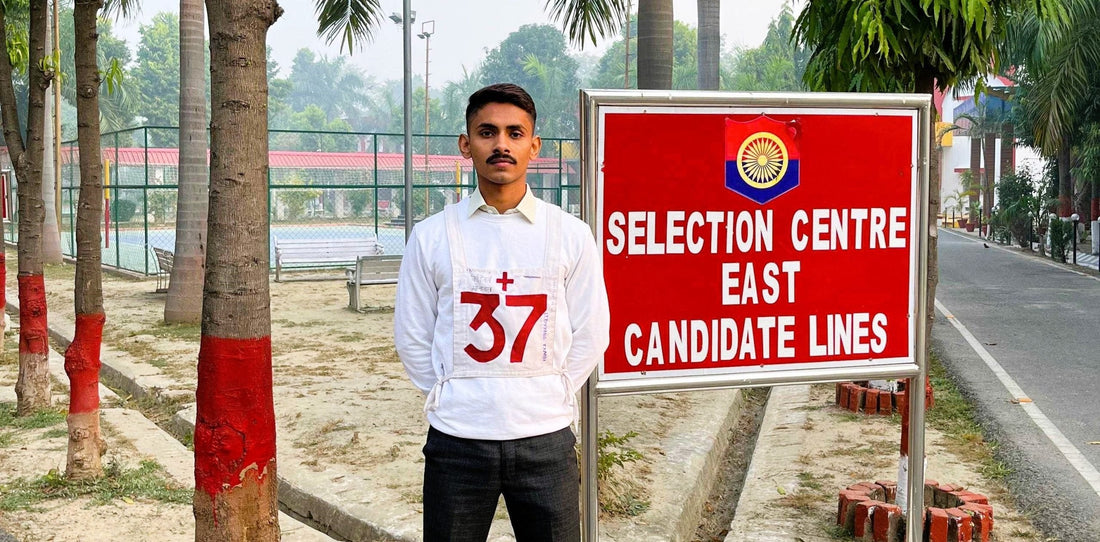
The Progressive Group Task (PGT) is a vital component of the Service Selection Board (SSB) interview process in India, serving as a key method of assessment for candidates aspiring to join the Indian Armed Forces. This unique evaluative exercise is designed not only to assess an individual's leadership and teamwork capabilities but also their critical thinking and problem-solving skills. With an increasing number of applicants for defence positions, comprehending the nuances of the PGT has become more crucial than ever. In this article, we delve into the specifics of the PGT, its historical context, its significance in the SSB interview process, and offer insights into how candidates can best prepare for this challenging yet rewarding segment.
The Progressive Group Task, like many modern assessment techniques in the military recruitment process, has its roots in the 20th century, particularly following World War II. The need to evaluate individuals not only for their physical abilities but also for their psychological and social competencies led military organizations to innovate their recruitment methods. The British Army was among the first to implement psychological assessments to determine the suitability of candidates for leadership roles.
SSB Interview Books Power Pack: 4 Must Read Books for Defence Aspirants
Rs. 1,760.00
Sale price
Rs. 1,399.00
Let's Crack SSB Interview Book [Paperback]
Rs. 390.00
Sale price
Rs. 360.00
Breaking The Code of SSB Psychological Tests Book - SSB Interview (TAT/WAT/SRT/SD)
Rs. 390.00
Sale price
Rs. 360.00
OIR Test & PPDT Book - SSB Interview Screening Test - Stage 1 Testing
Rs. 490.00
Sale price
Rs. 375.00
The SSB interviews were formalized in India in 1948, established to streamline the selection process and make it more rigorous. Over the years, the PGT has evolved, incorporating lessons learned from international best practices in psychological evaluations and group dynamics. Today, it stands as a testament to the growing understanding of human psychology and the essential traits required for effective leadership within the defence forces.
Understanding Progressive Group Task (PGT)
Objective of PGT
At its core, the PGT is designed to evaluate several key attributes:
- Teamwork: How well does the candidate collaborate with others?
- Leadership: Can the candidate take charge and guide a group toward a common goal?
- Communication Skills: Is the candidate able to articulate thoughts clearly and convincingly?
- Problem-Solving Ability: How effectively does the candidate approach and resolve challenges?
The settings of the PGT task are intentionally challenging, pushing candidates to their limits and revealing their true character, especially under pressure.
Structure of the PGT
The PGT typically involves the following structure:
- Group Formation: Candidates are grouped, usually consisting of 8-12 participants. They will work together to solve a problem presented by the assessors.
- Task Presentation: The candidate group is given a specific problem scenario involving obstacles that they must solve creatively within a stipulated time.
- Implementation Phase: The group discusses strategies and works collaboratively to devise a solution, which often requires using materials provided at the task site.
- Presentation: After crafting their solution, the group must present their approach to the assessors, which allows for individual contributions to shine through.
Key Skills Assessed
During the PGT, assessors take note of various competencies, such as:
- Initiative: Does a candidate take proactive steps toward problem-solving?
- Interpersonal Skills: How do candidates interact with others? Are they respectful and open to ideas?
- Analysis and Decision Making: Is the candidate able to analyze the problem thoroughly and make sound decisions?
Case Studies and Real-World Applications
Over the years, countless candidates have undergone the PGT, and numerous success stories illustrate its significance. For example, consider the case of Anil, an aspirant who was initially shy and hesitant in large groups. Through practice with mock PGT setups organized by coaching institutions like SSBCrack, he learned to voice his thoughts assertively and foster collaboration among peers.
In another instance, Priya, an engineering candidate, excelled in the PGT by leveraging her analytical skills. When presented with a complex obstacle course akin to a rescue operation, she quickly devised a plan that balanced efficiency with safety, showcasing both her leadership and interpersonal skills. Her ability to keep her team motivated and focused amidst pressure earned her commendations from assessors.
Statistical Data and Research Insights
Research suggests that candidates exhibiting high emotional intelligence tend to perform better in group settings like the PGT. A study from the Journal of Leadership & Organizational Studies found that individuals who could manage their emotions and empathize with others were more likely to be perceived as effective leaders.
Moreover, candidates who undergo rigorous preparation, such as participating in group tasks and simulations provided by resources like SSBCrack and SSBCrackExams, generally report higher confidence levels and reduced anxiety, significantly aiding their performance during the actual PGT.
Comparative Analysis
While the PGT is a unique task within the SSB interview process, it's beneficial to compare it to other assessment components like the Group Discussion (GD) or the Interview.
Similarities:
- Both the PGT and GD assess teamwork, communication skills, and leadership potential.
- Each requires candidates to articulate their thoughts and ideas, albeit in different contexts.
Differences:
- The PGT focuses more on practical application and collaboration, while GDs often center around the articulation of opinions on current affairs or specific topics.
- The PGT allows for non-verbal problem-solving strategies while GDs are predominantly verbal in nature.
Challenges and Solutions
One of the primary challenges aspiring candidates face during the PGT is the initial anxiety and peer pressure that comes with group tasks. Often, candidates may feel overshadowed by more outspoken peers or struggle to assert their ideas.
Potential Solutions Include:
- Mock Tests: Participating in mock PGTs organized by institutions such as SSBCrack can help build familiarity with the format and reduce stress.
- Self-Reflection: Candidates should engage in self-assessment exercises to identify their strengths and weaknesses, allowing them to work on necessary areas.
- Group Dynamics Training: Understanding group behavior and dynamics through workshops can empower candidates with techniques to navigate diverse personalities effectively.
Future Trends and Predictions
As the SSB interview process continues to adapt to modern assessment theories, we can anticipate several trends shaping the future of PGT evaluations:
- Increased Focus on Digital Skills: With the rise of technology in recruitment, candidates might face digital scenarios requiring technical problem-solving skills in a group context.
- Psychometric Assessments Integration: Further incorporation of psychometric tests to gauge candidate personalities in a preliminary stage could help tailor the PGTs to better assess specific competencies.
- Emphasis on Inclusivity: The selection process may witness enhanced measures to ensure inclusivity, encouraging a diverse range of candidates and perspectives in group tasks.
Conclusion
The Progressive Group Task is more than just an evaluative exercise; it is a microcosm of teamwork, leadership, and problem-solving in action. For candidates eager to join the Indian Defence forces, understanding the intricacies of the PGT is essential for successful navigation through the SSB interview process. By recognizing its historical context, mastering the skills assessed, and adopting practical strategies for preparation, candidates can better position themselves for success.
As the landscape of defence recruitment evolves, so too should candidates' approaches to preparing for tasks like the PGT. Institutions like SSBCrack provide invaluable resources—coaching, mock tests, and study materials—to equip candidates for the challenges ahead. In doing so, candidates not only enhance their chances of selection but also develop critical life skills that extend well beyond the realms of military service.
Embrace the process, prepare diligently, and the PGT may just be your stepping stone to a rewarding career in the Indian Armed Forces.
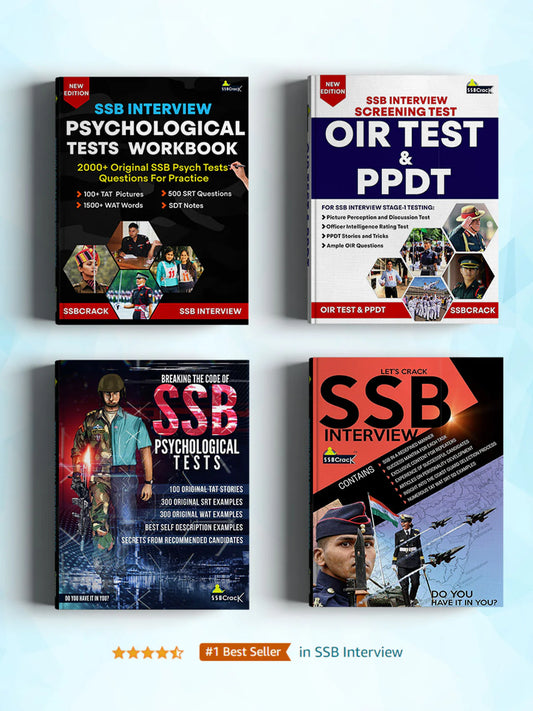
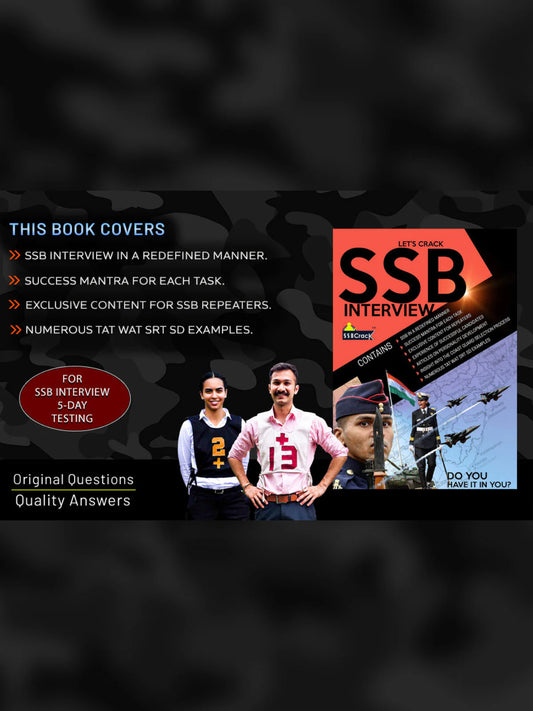
![Let's Crack SSB Interview Book [Paperback]](http://shop.ssbcrack.com/cdn/shop/files/ssb-books.webp?v=1736351621&width=533)
